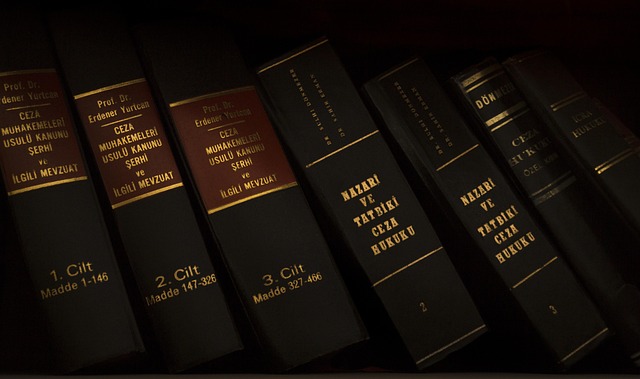Clients often assume that skilled lawyers have the greatest influence in court by presenting the most compelling arguments and persuading judges to rule in their favor. While this is generally true when courts have the time to thoroughly review filings and arguments, some courts are so overwhelmed with cases that even the best legal advocacy may have limited impact.
In certain state courts where I practice, heavy caseloads and insufficient resources prevent judges from giving each case the attention it deserves. Visiting these courts in person, it is striking to see the sheer volume of matters being handled, raising the question of how each case can receive proper consideration.
To manage this caseload, courts implement processes that limit the effect of strong legal advocacy. Discovery disputes are often handled through centralized systems requiring mutual agreement between parties. Additionally, extensive mediation services are used to resolve cases before they reach trial, easing the burden on the judiciary.
A key indicator of how overwhelmed these courts are can be seen in how they handle dispositive motions. These motions are rarely granted, as denying them is often the easier and safer option to avoid being overturned on appeal. Courts also recognize that once a case gets closer to trial, settlements become more likely, ultimately reducing the workload. Even when lawyers present strong arguments and outperform opposing counsel, it can be difficult to cut through the high volume of cases and secure favorable rulings.
However, attorneys seeking greater judicial consideration for their arguments do have some options. Moving cases to federal court, when possible, can be advantageous since federal judges often have fewer cases and more resources to evaluate complex legal points. Some state courts also have specialized divisions for larger commercial cases, where judges may have more time to engage with the issues.
This is not a criticism of judges or court staff, who work tirelessly under difficult conditions. Rather, it highlights the need for legislative action to allocate more resources to overburdened courts. Until that happens, lawyers and clients must recognize that in certain courts, the ability to present strong legal arguments may not be enough. This awareness should inform case strategy, including decisions about where to litigate.

